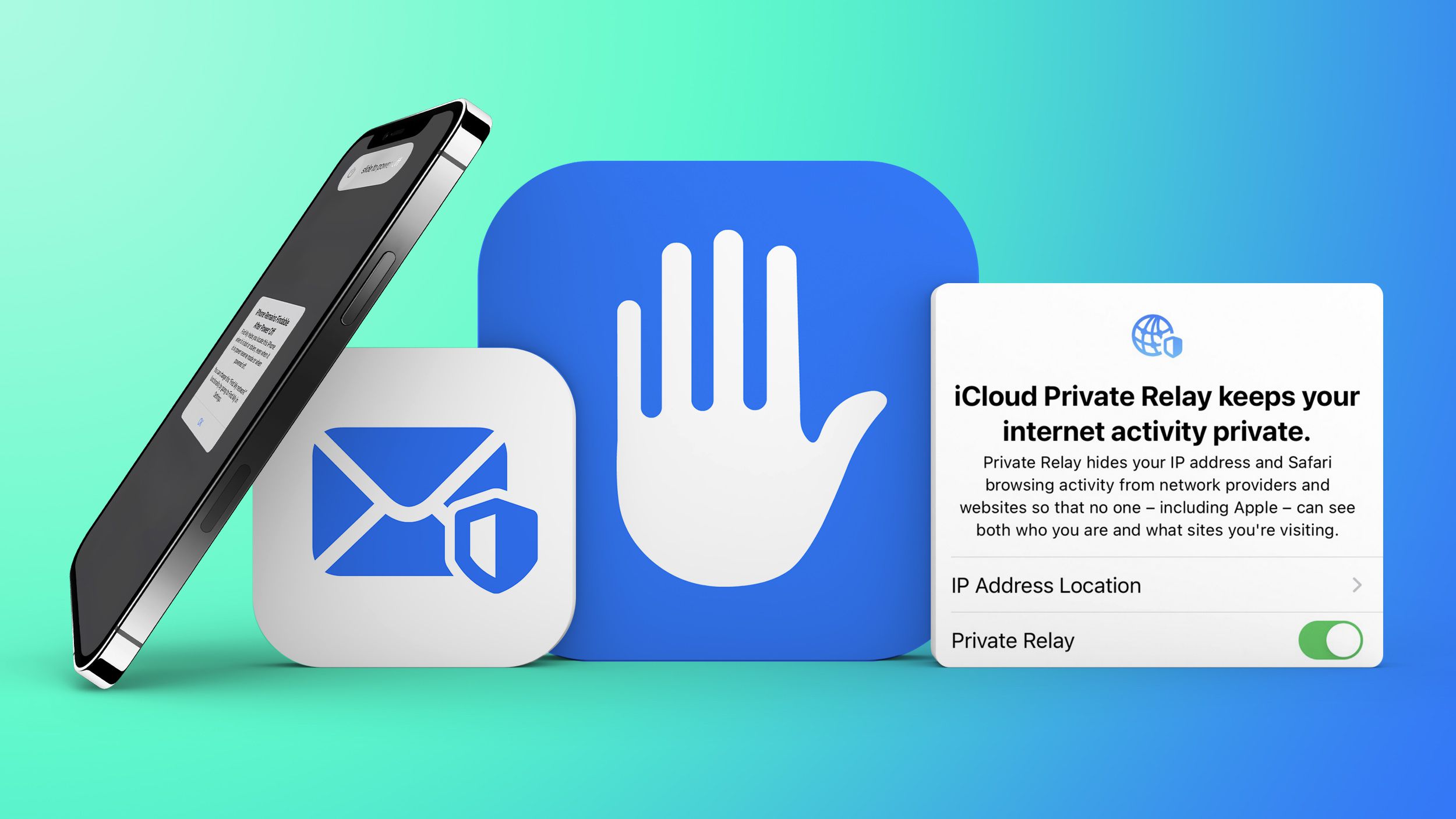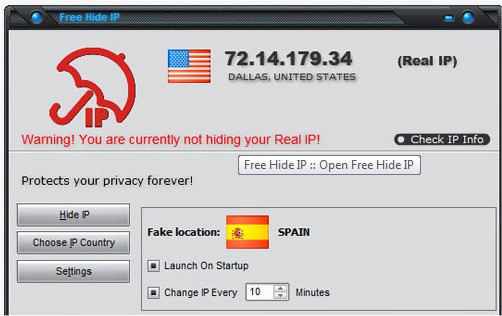
It is based on this profile that various ads keep following you around the internet. Google creates a personal profile for each of its individual users based on the user's specific interests.


Processes that do not include your username may be an indication of malicious software running on your computer.īut possibly, the most interesting part of protecting yourself on the web comes through Google's ad settings page. Enter each IP address into your browser's address bar and press 'Enter' to attempt to locate where the information is being sent.ġ.Right-click your taskbar and select 'Start Task Manager' to launch your task manager, a list of all running processes on your computer.Ģ.Close all programmes except for one Web browser.ģ.Select the 'Processes' tab, then select 'User Name' and browse through the list to view all processes running on your computer. Some of these IP address are legitimate and correspond to websites or services that you are using.ģ.Document each IP address reported by Netstat and launch a Web browser. The Netstat generates a list of Internet Protocol (IP) addresses that your computer is sending information to. The Netstat command works best when you have as few applications opened as possible, preferably just one Internet browser. According to Kaspersky Lab, these are certain ways in which you can manage your privacy and ensure that you are not tracked on the internet.ġ.Click the Windows Start button and type 'cmd' to launch the Command window, which will display as a black box with white text reading 'C:\Users\Your Username'.Ģ.Type 'netstat' next to the prompt and press 'Enter' to generate a list of all outgoing data transmissions. While it's hard to protect your personal information on the internet with 100% effectiveness, there are a few easy steps you can take that will make you a lot safer.

There is malware that can get into your computer or smart device and switch on cameras and recorders to access your private activities. It can happen through malware that get installed on your computer, your smart TV or even your webcam. Google keeping a dossier on you is not as dangerous as a cyber criminal tracking your moves. So it is important that users take control back and ensure that they are suitably protected on the web. But on the internet, allowing yourself to be tracked brings you only an advertisement, and you don't have a say in whether you want to see that ad or not.

It would make sense for a user to divulge such information for a tangible benefit or reward.


 0 kommentar(er)
0 kommentar(er)
